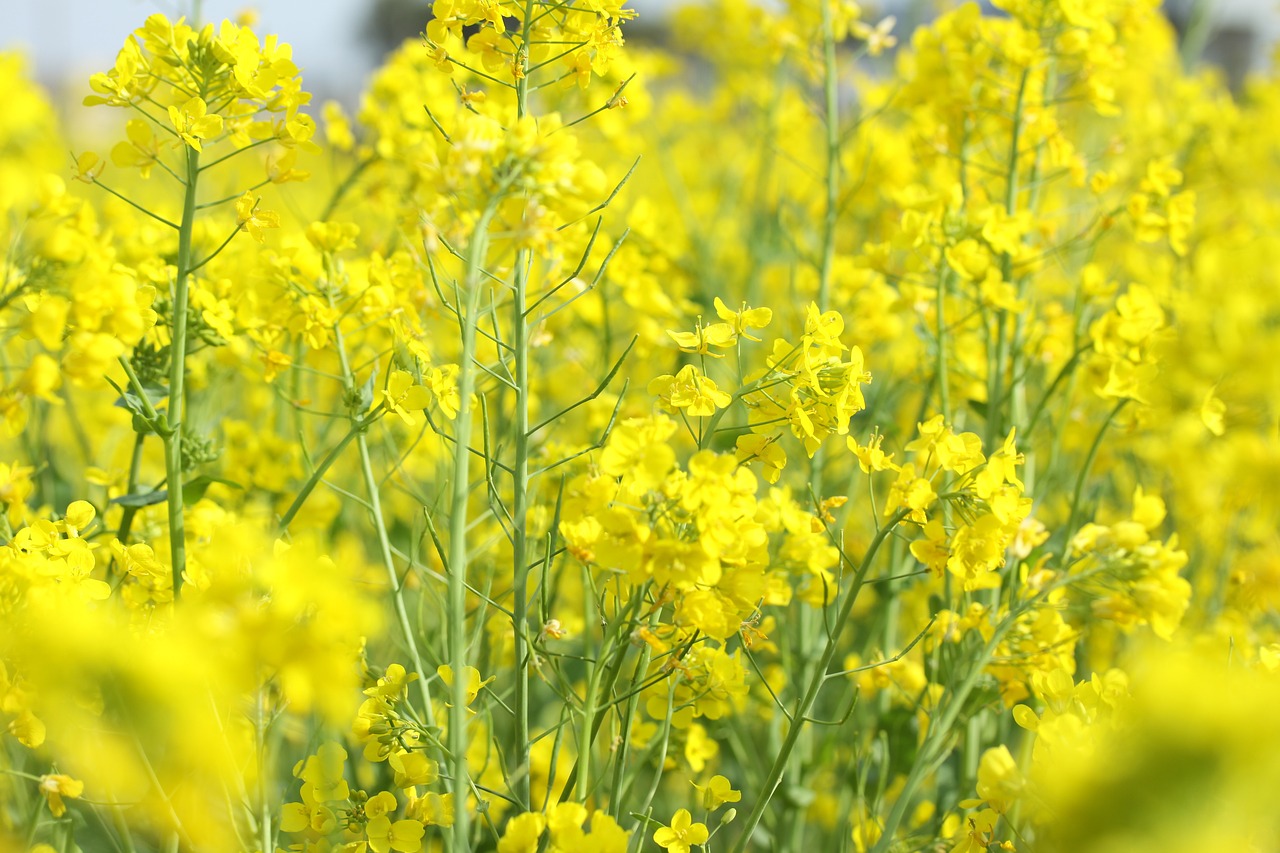This year’s autumn equinox will take place on September 22, marking a significant event in the Pagan calendar known as Mabon. This celebration honors the conclusion of the harvest season and allows us to express gratitude while acknowledging the balance between daylight and darkness. Mabon signifies the beginning of our path into the winter months, encouraging a connection with the natural world and its spirits.
One prominent figure associated with this time is Flidais, a multifaceted Celtic Goddess steeped in various legends and characteristics. She embodies both the wild and domestic traits within us, making her a fitting deity to invoke during this moment of equilibrium. Flidais first emerges in ancient myths as an Earth Mother, believed to be the progenitor of notable agricultural heroes like Arden and Bé Téite, along with the “she-farmers” Bé Chuille and Dinand. These figures received from her the gifts necessary to nurture and cultivate the earth for their communities.
Modern Celtic practices often view her as a woodland Goddess, representing the protector of diverse flora and fauna. Mythologically, she maintains a connection to both wild and domestic creatures, holding a special reverence for deer and cattle, which she is said to milk. This highlights her identity as a nurturing figure, as she lovingly refers to all wild animals as her cattle.
Flidais’s connection to motherhood is evident through her numerous offspring, reinforcing her role as a nurturing Earth Goddess. Her link to abundance is underscored by her power over milk and milking, demonstrated in the legendary Cattle Raid of Cooley (Táin Bó Cúailnge), where her enchanted cattle could feed an entire army every week.
Beyond her nurturing aspect, Flidais is recognized as a shape-shifting entity, a Goddess of Love, and a Healing Goddess. She belonged to the Tuatha Dé Danaan, representing a collective of divine beings that likely stemmed from earlier Irish deities. Much like the Welsh Mabinogion, the tales surrounding the Tuatha Dé were first documented in medieval times, evolving from gods and goddesses into depictions of queens, kings, and heroes.
Flidais is often referred to as Flidais Foltchaoin, meaning “Soft-haired” or “Fair-haired.” Some interpretations of her name suggest a connection to the word “wet,” while others liken her to Artemis, the Greek Goddess of the Hunt. However, some scholars dismiss her existence altogether, perceiving her as a literary invention from the 10th and 11th centuries.
Numerous narratives detail her romantic involvements and marriages. In the Middle Irish text “Fitness of Names,” she is described as the wife of the mythical High King Adamair and the mother of Nia Segamain. Her bond with animals was shared with her son, whom she granted magical abilities that allowed him to create wealth through the milking of the cattle. Another account from the Metrical Dindshenchas presents her as the mother of Fand, a Celtic Goddess of the Sea.
In the Ulster Cycle, specifically in “The Driving off of Flidais’s Cattle,” she is depicted as both a major character and a human being. This tale intertwines her nature as a Goddess of Sensuality with her Earth Mother identity. She finds herself married to Ailill Finn while being captivated by Fergus mac Rog’s heroism. Flidais made it known that she would offer her vast herd of deer and cattle to Fergus in exchange for him taking her away from her husband. Her promise is portrayed faithfully within the narrative, revealing that one cow could nourish 300 warriors from a single milking session. Furthermore, her sexuality is highlighted, as only she could fulfill Fergus, whereas he was unable to satisfy his desires without her.
As a deity tied to the earth, Flidais is associated with earthy tones like brown and green, with deer considered her sacred companions. Scholars differ in their assessments of her as Lady of the Forest, with some suggesting she traveled in a deer-drawn chariot. The trees also hold sacred significance for her, with Flidais taking on the role of guardian for the forest’s inhabitants and the disenfranchised, providing them solace.
Those seeking balance may call upon Flidais, who symbolizes the perpetual cycles of growth and renewal. She represents the duality of our domestic and wild instincts, aiding us in reconnecting with our primal selves. Flidais invites us to embrace our sexuality and dispel any shame imposed by society, restoring our personal empowerment. Her transformative powers allow us to reshape our lives while unveiling new opportunities, encouraging creativity and abundance. May her enduring affection for her “cattle” resonate within our hearts.



